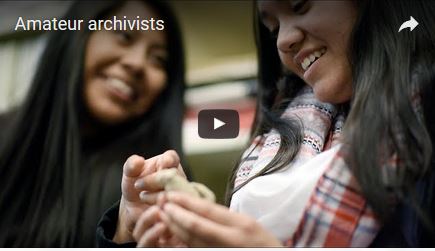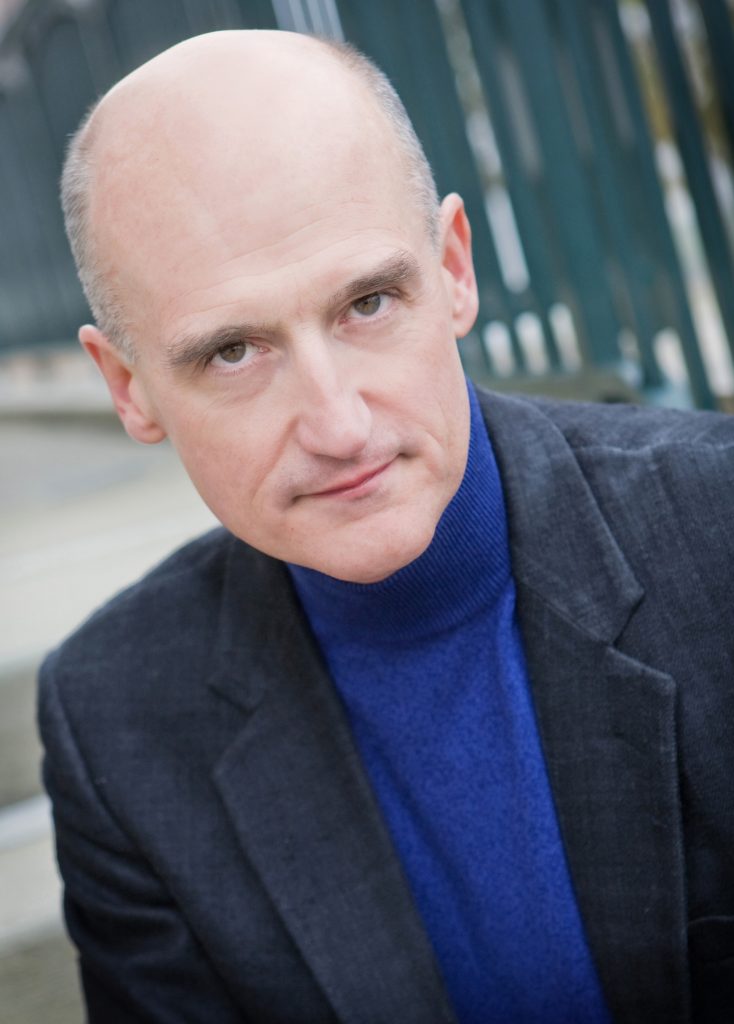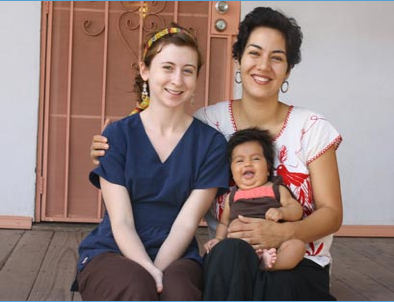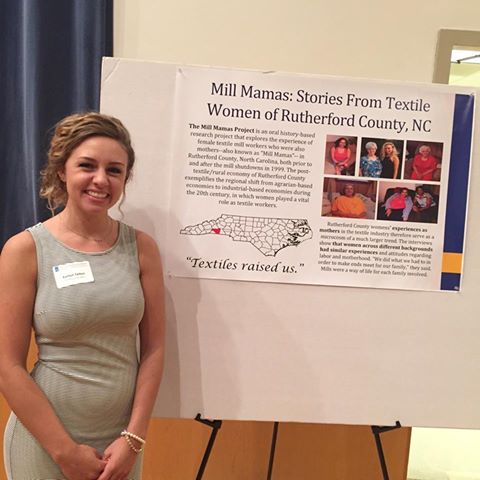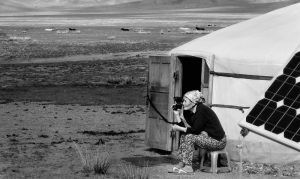
Eli Hornstein’s comfort zone extends further than most — spanning not only oceans and continents but also academic disciplines.
Hornstein ’14 lived in Eretria at age five, when his family spent a year there as part of his parents’ Fulbright grants. After high school, he took a gap year that sent him all over the map, literally and figuratively.
In the span of that year, Horstein attended a glass blowing school in the Blue Ridge Mountains, worked at a frog pond in the Costa Rican rainforest and traveled to Tanzania to volunteer in the public relations office of the International Criminal Tribunal for Rwanda.
“I remember doing all of this, and the thing I had to plan for was getting back in time for the last orientation date,” he said. “I was scheduling a climb up Kilimanjaro, and I [thought], ‘Can I make it back for CTOPS?’ I did!”
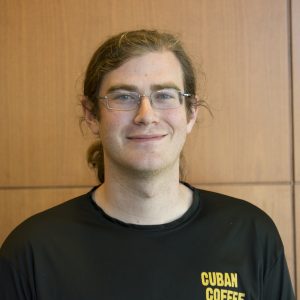
A Raleigh native, Hornstein didn’t plan on applying to any in-state schools, but he found the University of North Carolina at Chapel Hill’s growing international identity, including the recent construction of the FedEx Global Education Center, appealing.
Hornstein, a Robertson Scholar, majored in linguistics at UNC and received a distinction in biology from Duke University.
“Both of my academic interests I wanted to study I saw as being global,” he said. “With linguistics, you obviously have to travel to get exposed to multiple languages. With biology, at least the things that interested me at the time, took place in other countries.”
His studies at Duke and UNC expanded his already considerable horizons. In the summer of 2012, Hornstein worked in Panama at the Smithsonian Tropical Research Institute, deepening his interest in poison dart frogs, the subject of his thesis at Duke. The next summer, he received a Foreign Language and Area Studies (FLAS) fellowship to travel to Kenya and continue his study of Swahili.
With this background, Hornstein was initially at a loss when the Robertson Scholars Program asked him to travel outside of his comfort zone for his “exploration summer” following his sophomore year.
“I thought, ‘What has the least to do with anything that I do? How about Outer Mongolia?’” Hornstein said. “Once I looked into it… I realized even though it was very new for me, it tied in my interests in unusual ways.”
That summer was the first time Hornstein traveled to Mongolia, but it wouldn’t be the last. Hornstein has returned to the country several times to complete conservation research and study the language — a journey that led him to complete his UNC senior honors thesis on ancient Mongolian, win a photo competition and follow in his parents’ footsteps through a Fulbright program.
Hornstein didn’t anticipate the level of interest he ultimately had in Mongolia. “In linguistics, in biology or whatever, my interest has always been in the tropical, developing world,” he said.
He became fascinated by the environmental, political and economic progression of the country, which he described as a “laboratory of development.” In recent years, the country has seen a surge in environmental tourism from people like Hornstein, who stayed with a herding family during one of his trips to learn more about their changing way of life.

